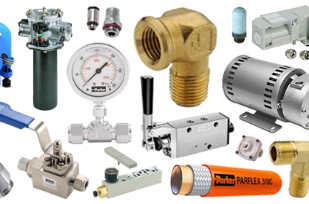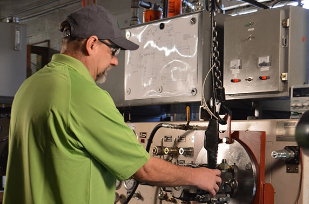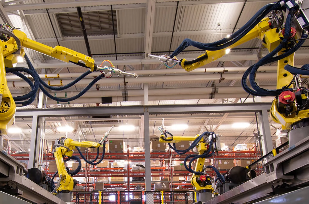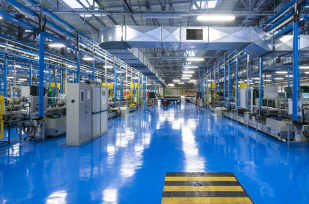There can be several factors why you may not want (or need) to change the hydraulic fluid in your mobile and industrial machinery. Unlike your car where it is recommend to change the oil every 5,000-10,000 miles, there are no “hours of operation” or calendar time limits on hydraulic fluid. As long as your hydraulic fluid is “happy”, you don’t change it. Keep it clean. Keep it dry. Keep it cool. Check the additives. But be careful, over time even well-maintained oil will wear out.
Before we begin, I’d like to caution you against changing your hydraulic fluid just because you think it’s time to do so. New hydraulic fluid is not clean fluid and can cause internal damage to your machine, costing time and money. You will have the cost of the new fluid, disposal cost of the old fluid, cost of filter element changes, and the labor to do all of this. When you put new oil into your system, you will have to endure several quick filter changes to get your new oil cleaned to the fluid cleanliness level required for your system.
That being said, there are several instances in which you absolutely do need to change your hydraulic fluid. Here are the 3 main things that cause hydraulic fluid failure:
- Contamination
- Heat
- Degradation over time.
Contamination
Contamination, in the context of having to change your hydraulic fluid, means you have more bad stuff in the fluid than your system’s filtration can reasonably remove. This is usually some sort of particulate contamination event that overruns the system’s onboard filtration. But, this can also include contaminating situations such as getting water mixed into the fluid (looks cloudy) or mistakenly topping off your hydraulic reservoir with the wrong fluid. It may be possible to salvage your system from particulate or water contamination situations by using some sort of off-line filtration asset, but for now, we’re talking about a situation where that is not a reasonable option. The RG Group offers products (Such as the Parker iCount) which can monitor fluid contamination levels and can alert you before levels get into the danger zone and cause irreversible damage.
Heat
This one is simple. If your fluid gets too hot, it breaks down. Most of the time you know it got too hot because it becomes darker in color and it doesn’t smell right. It usually doesn’t take the time and expense of a fluid sample analysis to figure this one out. Heat accelerates the condition called oxidative degradation.
Oxidative Degradation and Additive Depletion
This one is a little more complex and does require a fluid analysis to determine your system is affected by this situation. Hopefully, you are performing routine fluid analysis so a degradation or depletion trend can be spotted before it becomes a mechanical maintenance event.
A hydraulic oil’s oxidative degradation is determined by its TAN number. This is the absolute measure of the Total Acid Number in the fluid. Over time, oxygen will combine with the hydrocarbon molecules of the oil and a chain reaction occurs. This action results in some obvious conditions like darkened oil, varnishing, and sludge. Some conditions that are not so obvious are increased viscosity, increased foaming, and retained air.
A hydraulic oil’s additive depletion is determined by comparing the used oil’s elemental analysis to the baseline of identical new oil. For example, zinc is an antioxidant and anti-wear additive. Over time, it gets used up. So you have to check the concentration of zinc in your current oil to the concentration of zinc in the same new oil.
Conclusion
The scope of this information is very basic. There is plenty of more detailed information available for each condition I’ve discussed, especially regarding the additive analysis. The main “take home” point I want everyone to understand is that you shouldn’t change your hydraulic fluid just because you think it’s time to do so. If you’re paying attention to your hydraulic fluid, in many cases it will tell you when it needs to be changed. A routine fluid analysis will help ensure that your machine stays healthy, longer. If it ain’t broke, don’t change it.





